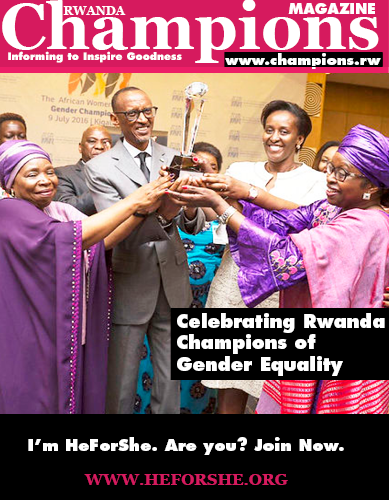Japan’s JICA Marks 20 Years in Rwanda With Focus on Education Gains
The Japan International Cooperation Agency (JICA) is marking 20 years of operations in Rwanda, highlighting gains in (…)

Rwanda is still fighting to recover much of its cultural heritage looted during the colonial era, with about 90% of its historical artifacts and ancestral remains still held in foreign museums, officials said Monday.
Ambassador Robert Masozera, chairperson of the Institute of National Heritage, said only a small portion of Rwanda’s looted cultural items have been returned by former colonial powers Belgium and Germany. He spoke during Rwanda’s commemoration of the World Day for Audiovisual Heritage, observed globally on October 27.
“Even though we have retrieved some photos and sound recordings, most of Rwanda’s heritage is still abroad,” Masozera said. “There is still work to identify what belongs to us and to provide proof of its Rwandan origin, because those countries still consider it theirs.”
Items believed to have been taken include the remains of Rwandan kings and ancestors, manuscripts, traditional songs, photographs, and other cultural artifacts. Many of these are still on display in European museums, he said.
Masozera added that while discussions on returning the artifacts began years ago, progress has been slow. Rwanda continues to negotiate with European governments for the repatriation of its cultural property.
The Institute of National Heritage, which safeguards Rwanda’s historical materials, currently preserves 4,095 traditional songs and about 20 documentary films. Masozera urged Rwandans who still hold old audio or visual recordings to protect them and submit them to national archives for preservation.
“Any old cassette or vinyl record is part of our heritage and could be at risk,” he said. “We have facilities to receive and properly store these materials. Protecting them is not only the job of government anyone can help ensure this heritage survives.”
He also noted that some parts of Rwanda’s cultural heritage were destroyed during the 1994 Genocide against the Tutsi, underscoring the importance of ongoing preservation efforts.
To prevent further loss, the Institute has adopted digital archiving technologies to securely preserve the country’s audio, visual, and written records for future generations.
This year marked Rwanda’s fifth commemoration of the World Day for Audiovisual Heritage, held under the theme: “Audiovisual Heritage: A Channel for the Culture and History of Rwandans.”
The Japan International Cooperation Agency (JICA) is marking 20 years of operations in Rwanda, highlighting gains in (…)
President Paul Kagame and First Lady Jeannette Kagame joined senior government officials and hundreds of Kigali (…)
Rwanda’s National Agricultural Export Development Board said it is constructing five drying facilities to reduce (…)
President Paul Kagame on Thursday received European Union Commissioner for Equality, Preparedness and Crisis (…)

